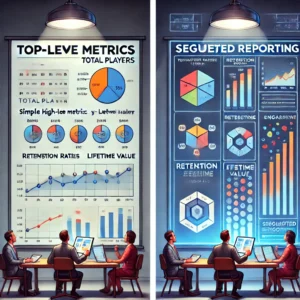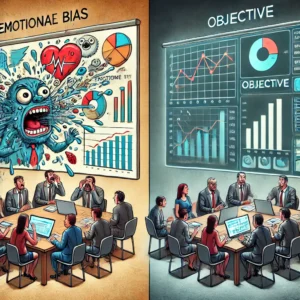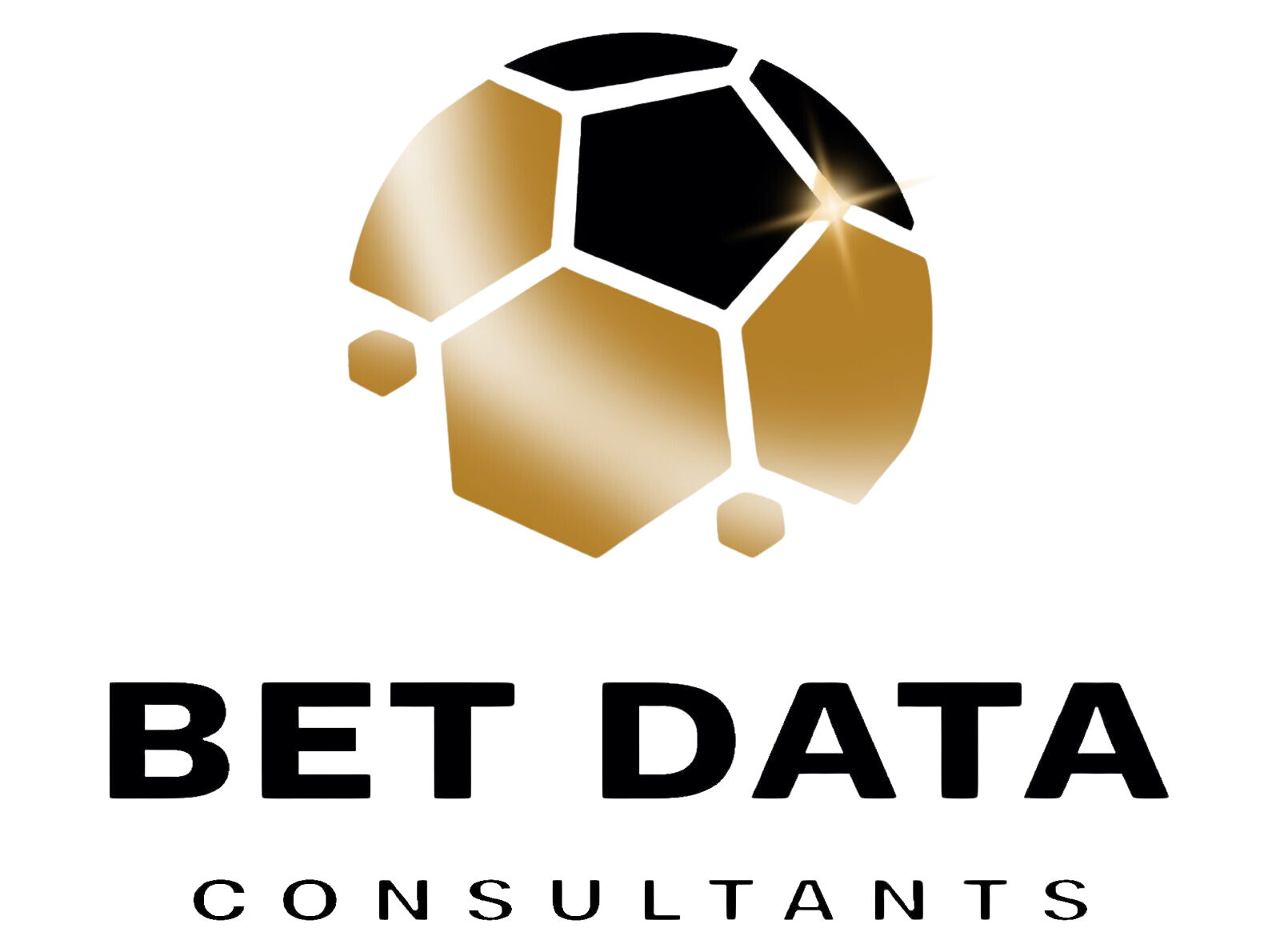
In 1812, Napoleon Bonaparte ignored critical intelligence about supply shortages and the harsh Russian winter. Rather than reassessing his plan based on new data, he relied on past military successes and continued his invasion of Russia. The result? A disastrous defeat that wiped out most of his army.
Napoleon fell victim to anchoring bias—a psychological trap that affects 80-90% of people, and leaders are no exception. It occurs when individuals fixate on initial information and fail to adapt to new realities.
Now, compare that to Socrates, who famously stated, “I know that I know nothing.” Socrates’ philosophy of questioning assumptions and remaining open to new insights can serve as an antidote to the dangers of anchoring bias.
In the rapidly evolving world of iGaming, where player behavior, technology, and regulations shift frequently, which leadership style are you emulating?

What is Anchoring Bias, and Why Should You Care?
Anchoring bias occurs when decision-makers rely too heavily on initial information and fail to adjust based on new insights.
In the world leading framework of how the brain operates, predictive processing, this is like being stuck on an outdated prediction and refusing to update your model, even when new errors or signals indicate a need for change.

Studies show that 80-90% of decision-makers are affected by anchoring bias, leading them to continue relying on outdated strategies even when the data suggests otherwise.
For the fast-moving iGaming industry—projected to grow from $81 billion in 2023 to over $127 billion by 2027—the ability to update assumptions is critical. Clinging to old models of player behavior or relying on surface-level metrics like player acquisition can result in missed opportunities for growth and optimization.

A stark example is when iGaming leaders see player acquisition metrics rise but ignore red flags like flat or declining revenue. This is a clear manifestation of anchoring bias, where teams fixate on favorable metrics rather than considering prediction errors that indicate a mismatch in expectations—such as low player retention or declining lifetime value (LTV).
According to H2 Gambling Capital, in 2022, player acquisition increased by 12%, but only 25% of operators saw a corresponding increase in revenue. This is a prime example of companies anchoring themselves to acquisition metrics and ignoring key insights that challenge their assumptions, such as player engagement and retention.

Spotting Anchoring Bias in iGaming
To mitigate anchoring bias, it’s important to continually update your “predictions” based on fresh data. In the iGaming context, this means recognizing patterns of anchoring bias by monitoring these warning signs:

- Misleading Metrics: Are you seeing increased acquisition rates but stagnant revenue? This disconnect often signals a failure to update your expectations around player lifetime value (LTV) and retention.
- Stat to Consider: The Global Betting and Gaming Consultants (GBGC) found that companies leveraging deep player segmentation for reporting experienced a 35% boost in retention, compared to those who relied solely on top-level metrics.
- Vague or Post-Hoc KPIs: If your success metrics are unclear or if teams cherry-pick KPIs after campaigns conclude, you may be anchored to pre-existing strategies that are no longer viable.
- Key Insight: A McKinsey study showed that companies with pre-defined KPIs were 40% more likely to achieve long-term success than those that adjusted metrics post-campaign to justify their strategies.
- Lack of Segmented Reporting: When reports only present top-line data without delving into specific player segments (e.g., high-value vs. low-value players), you are likely missing key insights that could help update your predictive models.
- Supporting Evidence: According to iGaming Business, companies focusing on segmented reporting improved player retention by 25-30% compared to those that didn’t engage in deeper analysis.

How to Mitigate Anchoring Bias in iGaming
Predictive processing suggests that continual updating of our predictions is key to accurate decision-making. Here’s how iGaming leaders can adopt a Socratic approach to question assumptions and avoid falling prey to anchoring bias:

- Set Clear KPIs Beforehand: Define success criteria at the start of every campaign. Without clear KPIs, teams will likely manipulate the data to fit their initial predictions, a classic symptom of anchoring bias.
- Proven Impact: A Harvard Business Review study found that companies with pre-defined, measurable KPIs are 3x more likely to identify underperforming strategies and pivot before suffering major losses.
- Separate Decision-Making from Analysis: Create systems where the team responsible for designing campaigns is not the same team analyzing the results. This separation allows for more objective performance evaluations, free from emotional attachment to the initial assumptions.
- Case Study: A 2022 survey of Fortune 500 companies revealed that those separating decision-making from performance analysis saw a 15% increase in campaign effectiveness compared to those that allowed the same teams to handle both.
- Use Segmented Reporting: Go beyond top-level metrics and dive into segmented data to analyze player behavior by different demographics, playing styles, and value tiers. This approach ensures that your model continually updates based on real-world data, not just on acquisition spikes.
- Supporting Stat: Companies that focused on segmented reporting improved retention by 25-30%, according to a 2021 report from iGaming Business, compared to those relying on top-line metrics alone.

Conclusion: Emulate Socrates, Not Napoleon
In iGaming, relying on outdated strategies due to anchoring bias can lead to stagnation and loss of market share. The key to thriving in a dynamic environment is to adopt a Socratic mindset—continually questioning assumptions, seeking new data, and being willing to update your predictive models when necessary.
At Bet Data Consultants, we specialize in blending cutting-edge cognitive science with industry expertise to implement data-driven strategies that boost our clients’ businesses and profitability. Reach out for a free consultation or to learn more!
Contact us on LinkedIn or email us at info@betdataconsultants.com for a free consultation today.
Sources:
- H2 Gambling Capital 2022 Report
- Global Betting and Gaming Consultants (GBGC)
- iGaming Business 2021 Report
- Harvard Business Review
- McKinsey & Company Analysis




